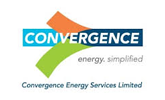
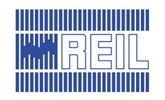
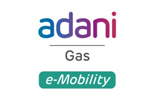


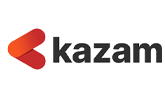


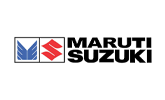
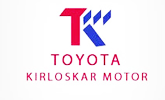
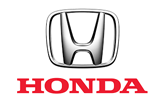
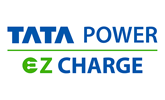
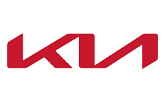

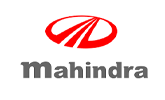
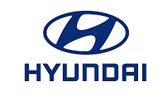

Growing Market : The Electric Vehicle Policy 2022 aims to boost local production of EV components (batteries, electric motors, charging stations) with attractive incentives for manufacturers.
Government Support : The state government is focused on creating an ecosystem for EV manufacturing, offering financial benefits and streamlined processes.
Diverse Manufacturing : UP can produce various components for conventional vehicles (engines, transmissions, chassis parts), providing multiple investment opportunities.
OEM Collaborations : Partnerships with major OEMs can enhance growth for tier-1 and tier-2 suppliers, improving local supply chains.
Land Availability : Ready-to-move industrial land is available at competitive rates in key industrial clusters (Noida, Greater Noida, Lucknow).
Infrastructure Development : Improved logistics and new highways enhance supply chain efficiency and connectivity for manufacturing projects.
Logistics and Connectivity : Significant investments in logistics infrastructure, including roads and transport facilities, improve operational efficiency for investors.
Industrial Clusters : Clusters in Noida and Greater Noida promote collaboration and resource sharing among auto component manufacturers.
Proximity to NCR : UP’s location near the National Capital Region (NCR) provides excellent export opportunities, enabling access to global markets.
Business-Friendly Environment : The Single Window Clearance System reduces bureaucratic hurdles and offers various subsidies to encourage new projects.
Foreign Direct Investment (FDI) : The state actively seeks FDI in the auto component sector, providing a robust framework for international companies.
| Sr. No. | Department Name | Service Name | Timeline (Days) | Category | Criteria | |
|---|---|---|---|---|---|---|
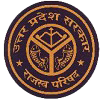 |
Board of Revenue Website Link |
Change of Land Use | 45 | In case applicant wants to change agriculture land to non-agriculture land | ||
 |
Department of Labor Website Link |
Approval of plan and permission to construct/extend/or take into use any building as a factory under the Factories Act, 1948 | 30 | If factory having 40 or more workers without power. Or Factory having 20 or more workers with power. | ||
| Registration and grant of license under The Factories Act, 1948 | 30 | If factory having 40 or more workers without power. Or Factory having 20 or more workers with power. | ||||
| Registration of principal employer's establishment under provision of The Contracts Labor (Regulation and Abolition) Act, 1970 | 30 | Every establishment in which 50 or more workmen are employed | ||||
| Registration of establishment under the Inter State Migrant Workmen (RE/CS) Act, 1979 | 30 | Every establishment in which 5 or more inter-state migrant workmen are employed. | ||||
| Registration under The Building and Other Construction Workers (Regulation of Employment and Conditions of Service) Act, 1996 | 30 | Govt - Unit any number and Pvt unit 10 and more employee and Investment 10 Lac and above any number of employees | ||||
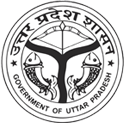 |
Department of Stamp and Registration Website Link |
Property Registration | 1 | If applicant wants to register properties | ||
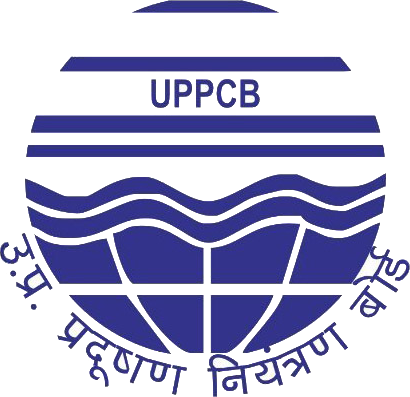 |
Pollution Control Board Website Link |
Consent to Establish Under Air and Water Act (NOC) | 120 | Mandatory | ||
| Consolidated Form for Consent under Water Act 1974 Air Act 1981 and authorization under the Hazardous and Other Wastes (Management and Transboundary Movement) Rules 2016 | 120 | Mandatory | ||||
 |
Uttar Pradesh Fire Services Website Link |
NOC from Fire Department (prior to commencement of construction activities) or Provisional | 15 | Mandatory | ||
 |
Uttar Pradesh Power Corporation Limited Website Link |
Power Connection | 30 | If applicant require power connection | ||
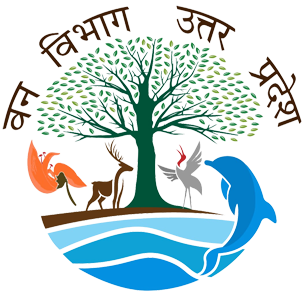 |
Forest and Wildlife Department Website Link |
NOC for Tree Felling | 15 | If applicant wants to cut tree | ||
 |
Registrar Firms Societies and Chits Website Link |
Registration of Partnership firms, Society | 30 | If applicant wants to register Firm or Society | ||
 |
Public Works Department Website Link |
Road Cutting Permissions | 7 | In case applicants wants cut road | ||
 |
Directorate of Electrical Safety Website Link |
Initial Inspection of Low Voltage Installation | 4 | If applicant require power connection | ||
 |
|
Building Plan Approval | 15 | In case applicant wants to construct building | ||
 |
Urban Department Website Link |
Water Connection of Industrial Water | 15 | In case applicant wants a water connection | ||